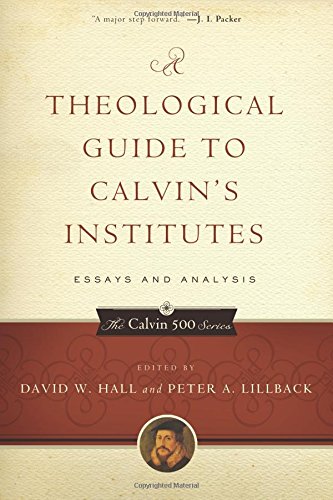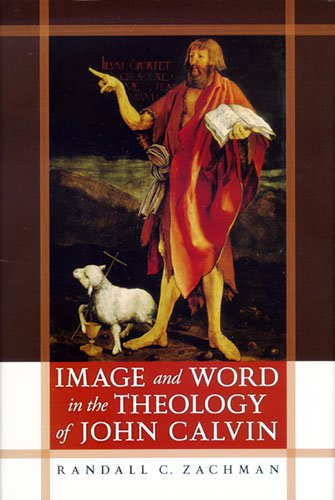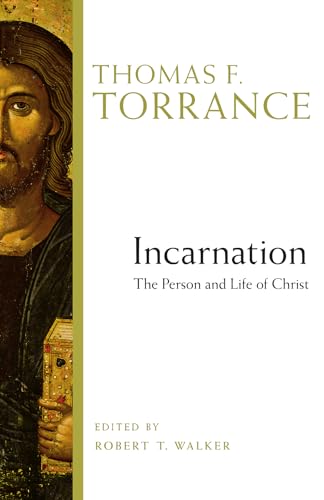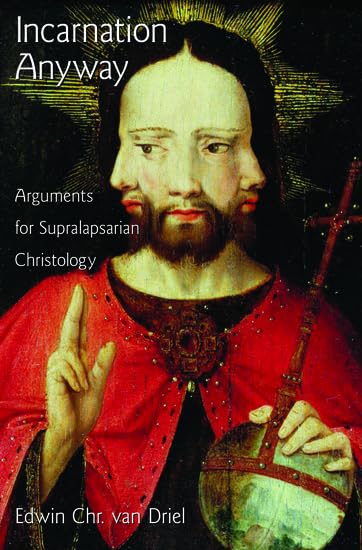Richard Baxter and Conversion: A Study of the Puritan Concept of Becoming a Christian
Written by Timothy K. Beougher Reviewed By Peter BeckMany a doctoral dissertation collects dust on library shelves the world over. Others show up briefly in bookstores, released by small presses, appealing to limited audiences only to return to the libraries from which they escaped. Rarely a dissertation contributes to the academy and the church. Tim Beougher’s treatment of Richard Baxter and Conversion does just that.
Written while Beougher, now the Billy Graham Professor of Evangelism at The Southern Baptist Theological Seminary, was a doctoral student at Trinity Evangelical Divinity School, Baxter and Conversionseeks to explain the English Puritan’s soteriology. This book does just that as Beougher outlines both Baxter’s thought and his practice. It is the combination of the two that motivates J. I. Packer in the book’s foreword to label Baxter and Conversion “an outstanding piece of work, of great pastoral relevance for our time” (p. 9).
Prior to examining his theology, Beougher begins with a small portrait of Baxter’s life. He does so convinced that it is the context of Baxter’s life, in particular his conversion experience, that explains his thought. He was a man of his times and his controversies—particularly antinomianism. His thinking must not and cannot be divorced from them.
Beougher dedicates the bulk of the book to a systematic development of Baxter’s theology of conversion. Chapter two examines Baxter’s theological method and his overarching theology as it relates to salvation: man, sin, Christ’s atonement, and election. Beougher posits that Baxter’s well-known “hypothetical universalism” was the theological outworking of his political method, that is, his way of interpreting man’s predicament and the solution in light of man’s relationship to God’s governance of the universe. In this and subsequent chapters, Beougher surveys Baxter’s many writings on the topic in question and contends that Baxter truly fits within the Reformed camp in terms of soteriology. The confusion, he writes, arises from the failure to recognize the influence of Baxter’s theological opponents on his word choice and the political method he employed. To that end, chapters two through four alleviate some of that confusion.
The last two chapters of Baxter and Conversion offer the reader something Baxter himself thought to be a vital part of any sermon—the application. Chapter five describes the presentation of the gospel according to Baxter. As Beougher explains, Baxter believed that evangelism must be the primary concern of the pastor. For those familiar with Baxter’s Reformed Pastor, this comes as no surprise. Perhaps because of that well-known work, this chapter is the shortest in the entire book. Chapter six, however, goes to great lengths to examine the role of the church in Baxter’s theology of conversion. Readers will find helpful discussions on the nature of the church, the sacraments, and the teaching ministry of the church. The goal of it all for Baxter was the conversion of souls.
Beougher is to be commended on several levels for his treatment of Baxter and his theology of conversion. With the publication of his dissertation, Beougher brings new life and light to Baxter and his thought. Moreover, Beougher helpfully explains Baxter’s theological methodology, notably the political component of his thought. This does much to bring helpful light to some of the debates surrounding Baxter’s debatable positions. Beougher does so in a way that Baxter often failed to accomplish. His presentation is readable and understandable, things foreign to many dissertations-turned-books. Moreover, the book is loaded with practical application that was not forced upon the source as many do but drawn from the well of Baxter’s own words.
Very few substantive complaints can be leveled at Baxter and Conversion. One complaint, however, can be raised in regards to Beougher’s efforts. The subtitle of Baxter and Conversion claims that work is A Study of the Puritan Concept of Becoming a Christian. For those unfamiliar with all of the debates surrounding Baxter, that subtitle is simply a matter of clarifying the book’s intent. However, as others will surely know, there has been no little amount of debate as to the justness of including Baxter among the ranks of the Puritans. Beougher deals with this matter only in the concluding chapter wherein he successfully proves that Baxter deemed himself desirous yet unworthy of the title. Given the presence of this debate, one would wish that Beougher would have addressed the matter much earlier in the treatise rather than leaving it to an afterthought.
In the end, however, Beougher is to be congratulated. Aside from the scholarly apparatus—footnotes comprise nearly one third of the book’s length—and Packer’s admission of involvement in Beougher’s dissertation writing, Baxter and Conversion reads like the polished work of an accomplished author who knows his subject and his reader rather than a dissertation that has been dusted off for publication purposes. If the reader will honor Beougher’s efforts and proceed thoughtfully through the book, he will know more of the subject when he is done, and perhaps more importantly, he will know what he needs to do to further the kingdom of Christ.
Peter Beck
Peter Beck
Charleston Southern University
Charleston, South Carolina, USA
Other Articles in this Issue
Why are we talking about preaching with power? Because of what Christianity is...
In the mid-twentieth century, one could readily find informed Protestant observers acknowledging the Calvinist tradition’s major missionary contribution...
The summer of 2007 was the wettest in Britain since records began, registering over twice the usual amount of rainfall between May and July...
How Far Beyond Chicago? Assessing Recent Attempts to Reframe the Inerrancy Debate
by Jason S. SextonThe doctrine of inerrancy has been a watershed issue among evangelicals in the West, perhaps now more evident than ever...
Quite apart from commentaries and hermeneutical textbooks, books on the Bible—its nature and ultimately its authority—have been appearing with daunting frequency of late







